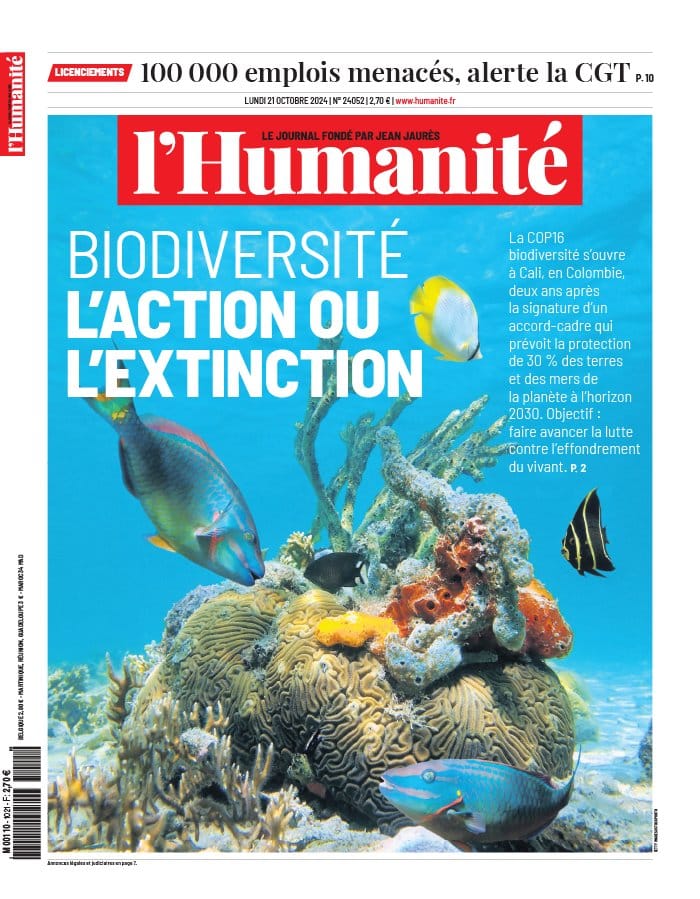At the end of COP16, which took place in Cali, some significant progress was made in favor of biodiversity, but confusion marked the end of the negotiations. The discussions were interrupted without reaching a consensus on the funding needed to achieve the established goals. Notable advances were made, however, such as the introduction of a global tax on genetic products derived from nature and the formal inclusion of indigenous communities in the decision-making process. Despite these achievements, uncertainty remains regarding the implementation of measures and the monitoring of set biodiversity targets for this decade.
The COP16, which took place in Cali, Colombia, ended in confusion and uncertainty. Although some significant progress was made, notably the adoption of a global tax on products using genetic data derived from nature and the formal integration of indigenous communities into the UN decision-making process, several crucial issues remained unanswered. Governments failed to agree on biodiversity funding or how the decade’s goals would be monitored. Many developing countries expressed their frustration over these prolonged discussions, with some delegations even having to leave early due to lack of resources to change their flight plans. The discussions will need to resume at an interim meeting scheduled in Bangkok.

the challenges of COP16 and unresolved crucial issues
The COP16 on biodiversity concluded in Cali, Colombia, in an atmosphere of confusion and uncertainty. Governments had hoped to reach solutions to mobilize over $200 billion annually by 2030 dedicated to nature protection. However, this crucial funding remains unclear. The discussions were characterized by heated debates and stretched late into the night without achieving a tangible agreement. The tension between wealthy countries and developing ones, particularly Africa and Brazil, intensified, reminding everyone of unmet financial promises.
A chaotic session constituted the final day of this international summit, where many delegates left Cali hurriedly, reducing the number of participants below the required quorum. This exacerbated frustrations over a disorganized agenda, where vital decisions, such as monitoring the implementation of this decade’s goals, were not formalized. In this regard, concerns multiplied about the ability of the international community to respond adequately and with the necessary speed to the ecological crisis.
advances in biodiversity conservation
Despite the lack of clarity on certain points, the COP16 was marked by significant breakthroughs for biodiversity conservation. A historic agreement was reached enabling the formal inclusion of indigenous communities in the United Nations decision-making process on biodiversity. This recognition was welcomed as a decisive moment by indigenous representatives, who finally see their voices legitimately integrated. Furthermore, the creation of a global fund to collect contributions from products made with genetic data from nature was enacted, opening avenues for one of the largest biodiversity conservation funds on a global scale.
uncertain financial prospects
While the creation of a fund was hailed as an achievement, the strategy to mobilize significant financing remains unclear. The countries present, although agreeing on the principle of raising funds for biodiversity, did not finalize the practical mechanisms for distribution. Many fear that promises will remain mere words without funding as long as the modalities are not established. This situation reflects a growing distrust in the ability of nations to meet commitments that are critical for the future of the planet. The COP16, despite its advances, thus highlighted the persistent challenges of collective action in the face of a planetary emergency.
Articles similaires
Thank you!
We will contact you soon.














